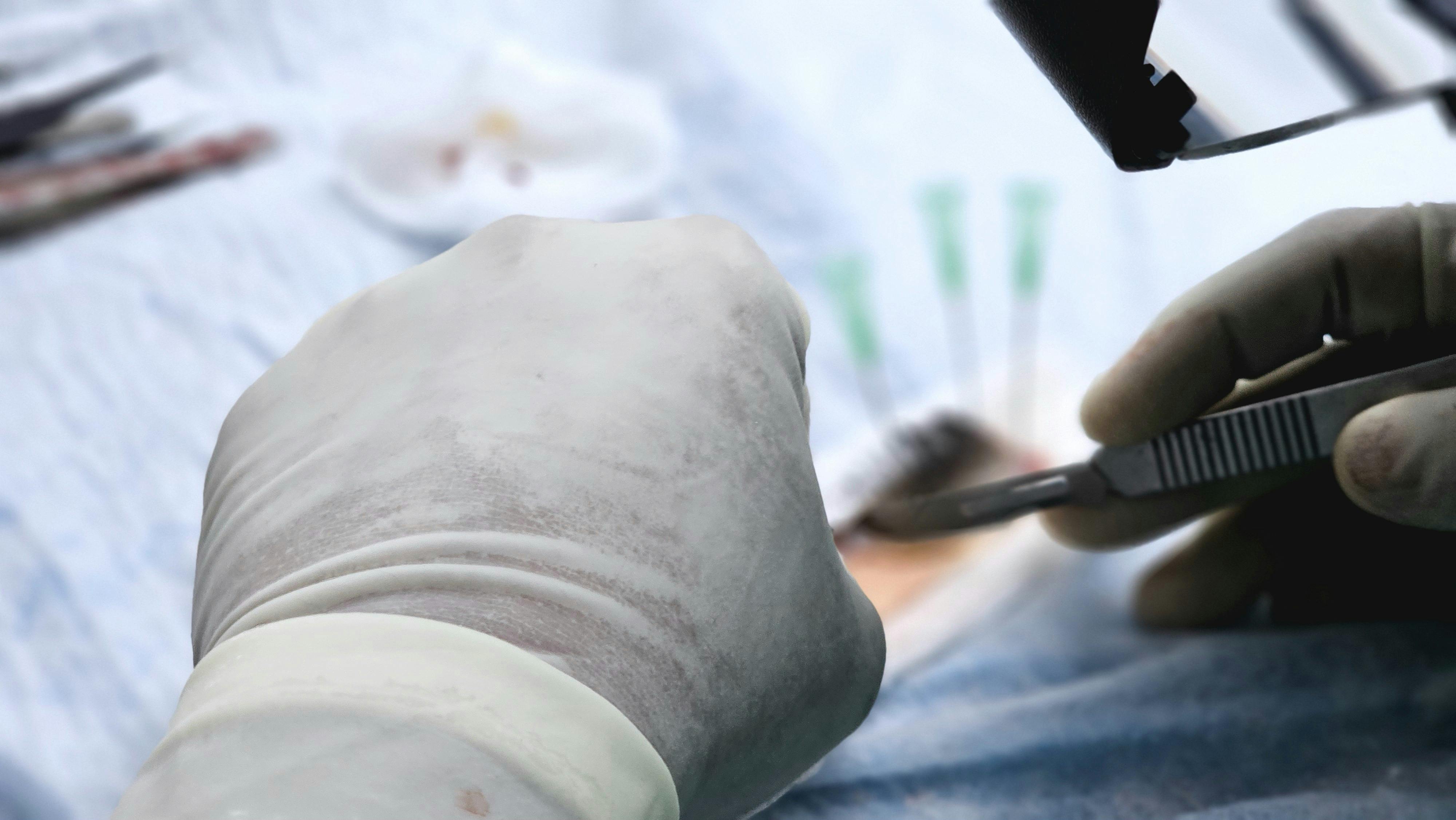Understanding Sperm Donation Programs and Requirements
Sperm donation programs provide a structured pathway for individuals to contribute to assisted reproductive technology while helping couples and individuals achieve their family-building goals. These programs involve comprehensive screening processes, legal frameworks, and medical protocols designed to ensure the safety and success of all parties involved. Understanding how these programs operate can help potential donors make informed decisions about participation.

Understanding Sperm Donation Programs and Requirements
Sperm donation represents a significant medical contribution that helps individuals and couples achieve their dreams of parenthood. These programs operate under strict medical supervision and regulatory guidelines to ensure the safety and viability of donated genetic material. The process involves extensive screening, regular health monitoring, and a substantial time commitment from qualified donors.
Guide to Sperm Donation Programs and Their Processes
Sperm donation programs typically operate through specialized fertility clinics, sperm banks, and reproductive medicine centers. These facilities maintain rigorous standards for donor selection, sample collection, processing, and storage. The programs follow established protocols that include initial screening interviews, comprehensive medical examinations, genetic testing, and psychological evaluations.
Most programs require donors to commit to regular donations over a period of six months to one year. During this time, donors must maintain specific lifestyle requirements and undergo periodic health screenings. The donation process itself involves providing samples at the facility, which are then processed, tested, and stored using advanced cryopreservation techniques.
Understanding the Basics of Sperm Donation Programs
The foundation of any sperm donation program rests on maintaining high medical standards and ensuring genetic diversity. Programs typically work with reproductive endocrinologists, andrologists, and genetic counselors to evaluate potential donors and monitor ongoing health status.
Donor anonymity policies vary between programs, with some offering anonymous donation while others provide options for known or open donation arrangements. Many modern programs maintain detailed donor profiles that include physical characteristics, medical history, educational background, and personal interests, allowing recipients to make informed choices.
Quality control measures include regular testing for infectious diseases, genetic disorders, and sperm quality parameters. Programs also maintain detailed records and tracking systems to monitor the number of pregnancies resulting from each donor to prevent genetic risks in the population.
The Process and Requirements for Sperm Donation
Becoming a sperm donor involves meeting stringent eligibility criteria that typically include age restrictions, health requirements, and lifestyle factors. Most programs accept donors between ages 18 and 39, though some extend the upper limit to 45. Height and weight requirements often apply, along with educational minimums and restrictions on certain medical conditions or family histories.
The screening process begins with an initial application and interview, followed by comprehensive medical examinations including blood work, urine tests, and genetic screening. Psychological evaluations assess mental health status and motivations for donation. Physical examinations include assessments of reproductive health and overall fitness.
Once accepted, donors must commit to regular donation schedules, typically two to three times per week. Lifestyle restrictions during the donation period may include limitations on alcohol consumption, smoking, recreational drugs, and certain medications. Donors must also abstain from sexual activity for specified periods before each donation.
Potential Benefits of Participating in Sperm Donation
Participation in sperm donation programs offers several potential benefits beyond the primary goal of helping others achieve parenthood. Many donors report personal satisfaction from contributing to reproductive medicine and assisting families in need.
Financial compensation varies significantly between programs and geographic locations. Donors typically receive payment per acceptable sample, with amounts ranging from modest compensation to more substantial payments in areas with high demand or strict requirements.
| Program Type | Typical Compensation | Requirements | Time Commitment |
|---|---|---|---|
| University Programs | $50-100 per donation | Student status, health screening | 6-12 months |
| Commercial Sperm Banks | $75-150 per donation | Extensive screening, lifestyle requirements | 6-12 months |
| Fertility Clinics | $100-200 per donation | Medical evaluation, genetic testing | 6-18 months |
Prices, rates, or cost estimates mentioned in this article are based on the latest available information but may change over time. Independent research is advised before making financial decisions.
Additional benefits may include comprehensive health screenings that provide valuable insights into personal health status, genetic information, and reproductive health. Many donors appreciate the regular medical monitoring and the opportunity to contribute to advancing reproductive medicine research.
The donation process also offers educational opportunities about reproductive health, genetics, and fertility science. Some programs provide ongoing communication about successful pregnancies, allowing donors to understand the impact of their contribution while maintaining appropriate boundaries.
Considerations and Long-term Implications
Potential donors should carefully consider the long-term implications of sperm donation, including potential future contact from offspring, legal considerations, and emotional aspects of genetic parenthood. While most programs provide legal protections for donors, understanding these aspects remains important for making informed decisions.
The commitment required for successful participation extends beyond the active donation period, as donors may need to be available for future medical updates or additional testing if requested by the program. Some donors also choose to participate in research studies related to reproductive health and fertility.
Sperm donation programs serve a vital role in reproductive medicine, offering hope to individuals and couples facing fertility challenges. Understanding the comprehensive nature of these programs, their requirements, and the commitment involved helps potential donors make informed decisions about participation. The combination of helping others achieve parenthood while contributing to advancing reproductive medicine makes sperm donation a meaningful option for qualified individuals willing to meet the program requirements and commitments.
This article is for informational purposes only and should not be considered medical advice. Please consult a qualified healthcare professional for personalized guidance and treatment.




